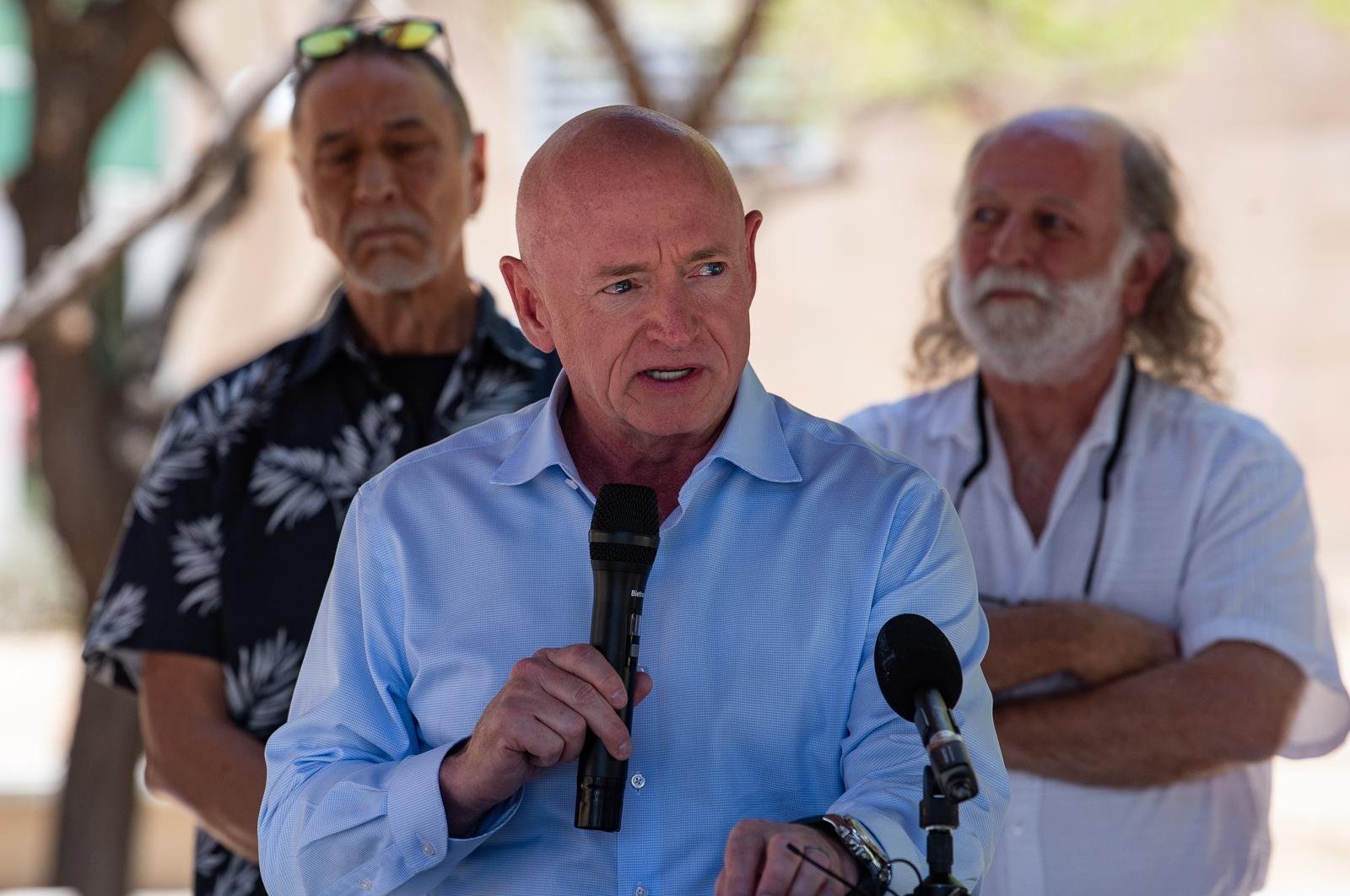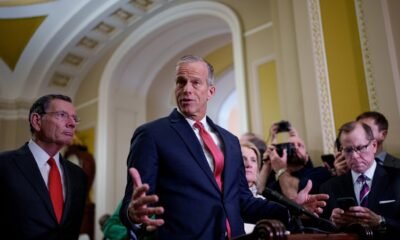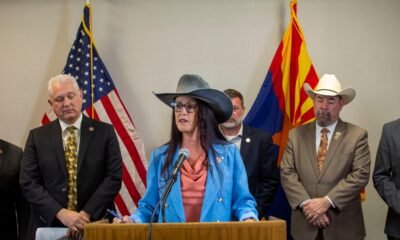arizona
Healthcare Advocates Sound Alarm: Medicaid Cuts Threaten Coverage for 190K Arizonans

As Republicans discuss new work requirements and modifications to Medicaid within a budget plan progressing through the U.S. House of Representatives, healthcare advocates express concern that eligible Arizonans could lose coverage due to bureaucratic obstacles.
The legislation, termed “One Big, Beautiful Bill Act” by President Donald Trump, has seen shifting estimates on its financial impact. The version approved by the House Energy and Commerce Committee on May 18 proposes approximately $625 billion in cuts to Medicaid over the next decade, based on a KFF analysis of Congressional Budget Office data.
By 2034, around 7.4 million low-income Americans may find themselves without Medicaid coverage, with 190,000 of these individuals residing in Arizona under AHCCCS, the Arizona Health Care Cost Containment System. The proposed savings result from multiple policies, including restrictions on how states can tax healthcare providers and increased scrutiny in eligibility checks. Eligible beneficiaries would be required to work, volunteer, or attend school for at least 80 hours monthly.
Tucson resident Chad Durns, diagnosed with multiple sclerosis in 2021, currently relies on AHCCCS for his healthcare needs. He fears losing coverage due to these new requirements. “I tried to continue working after my diagnosis, but my condition worsened. I wouldn’t be able to work even an hour a day,” he explained.
Durns receives essential infusion treatments and MRI scans, crucial for his condition. “We cannot afford those on our own,” he said, expressing his concerns about the impact of losing coverage. “My life would be massively devastated by that.”
Chiquita Brookes-LaSure, former administrator of the Centers for Medicare and Medicaid Services, criticized work requirements as ineffective and detrimental. She cited a Harvard study showing that after Arkansas implemented similar measures, the number of insured residents dropped significantly, emphasizing that the burden of reporting requirements led many to lose coverage despite meeting eligibility criteria.
U.S. Senator Mark Kelly voiced skepticism at a May 16 press conference, suggesting the new requirements were aimed at complicating the process for Medicaid recipients. “It’s not about waste and fraud; it’s about making it harder for people,” he argued, pointing out that the proposed tax cuts would mainly benefit wealthier Americans.
U.S. Representative Juan Ciscomani, a Republican from Southern Arizona, has expressed support for work requirements but emphasizes the importance of safeguarding coverage for those who genuinely need it. At an April forum, he stated his intention to ensure targeted reforms prioritize vulnerable populations within the Medicaid system.
As the House Rules Committee reviews the “One Big Beautiful Bill Act,” the legislation is anticipated to move toward a full House vote soon. GOP budget proponents are apprehensive about increasing national debt, while Speaker Mike Johnson aims for significant spending reductions alongside tax cuts.


















